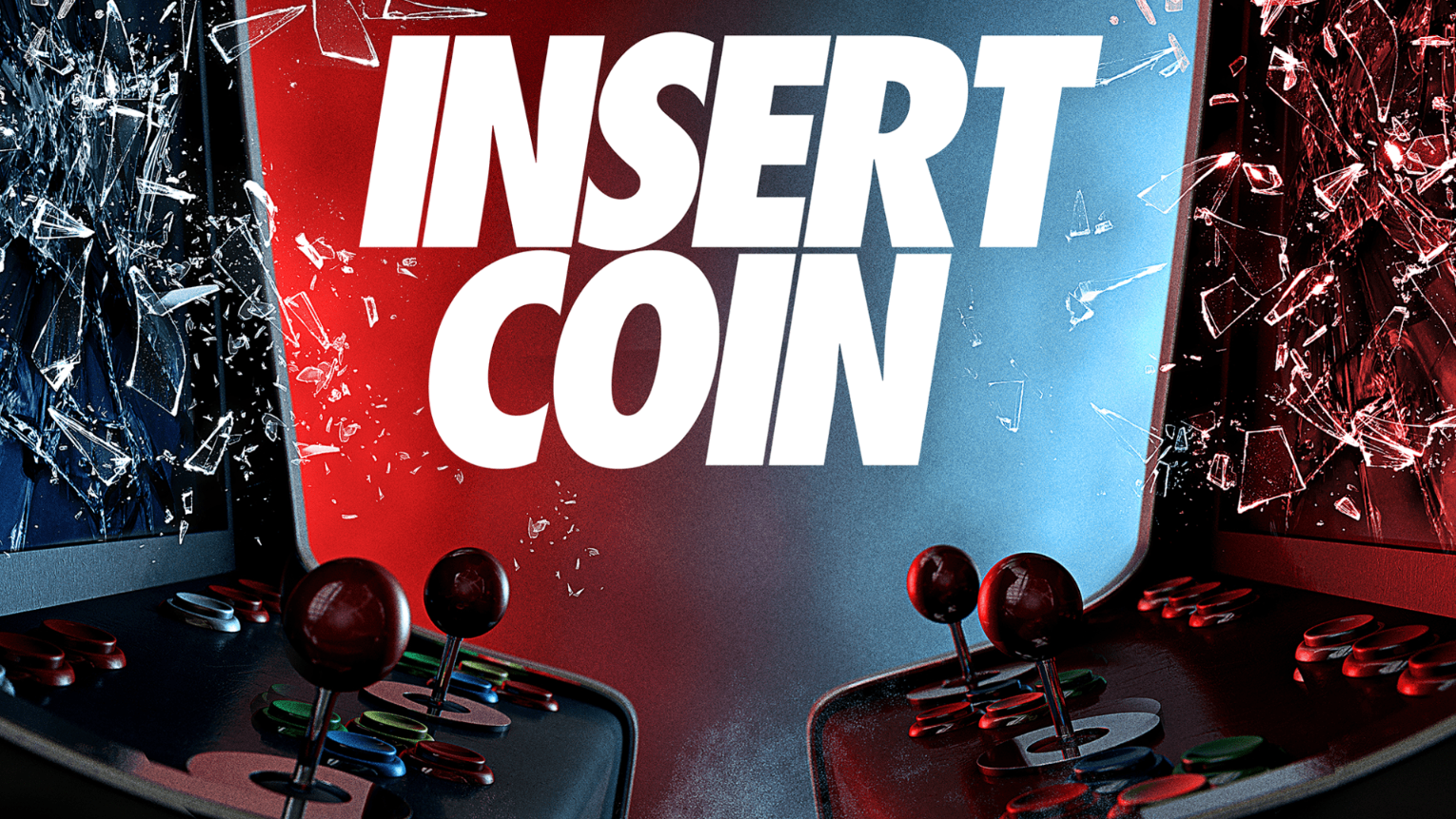Video games traditionally have operated on the principle of risk versus reward - a formula that keeps players interested, challenged and wanting more. Playing a high-stakes challenge or fighting an overwhelming boss for rare loot - the thrill of uncertainty drives player motivation.
Risk-taking in gaming has been linked to brain reward mechanisms, according to psychologists. The neurotransmitter dopamine associated with pleasure and motivation is released when players take calculated risks and succeed. A study in Nature Neuroscience reported that games' unpredictable rewards increase dopamine release to reinforce continued play.
One such risk-reward Game is the Aviator Game, where players must decide when to cash out before a simulated plane crashes. It tests patience versus greed much like classic video game mechanics do - similar to how many action-adventure and roguelike games test players to choose between risk and survival. This tension between pushing forward and stepping back also exists in titles like Dark Souls and Dead Cells, where players either bank their progress or push for more rewards at the cost of losing everything.
From Arcades to Esports: The Evolution of High-Stakes Play
Risk and reward have always been fundamental concepts in gaming since the arcade days. Classic arcade games like Donkey Kong and Pac-Man required quick thinking and split-second decisions but paid big bucks for mistakes while promising high scores and leaderboard dominance. Failure cost money - losing a life meant inserting another coin to continue.
Now transfer that to the modern era. Esports brought high-stakes gaming to new heights, with pro players vying for millions at tournaments including the International (Dota 2) and the League of Legends World Championship. In 2023, the prize pool at the International surpassed USD 18 million, demonstrating how competitive gaming has turned risk-reward mechanics into real money stakes.
Speedrunning communities also support high-risk gameplay - some players will wager hours on a single sequence - outside of esports. Harder games like Dark Souls and Celeste make players weigh every move to avoid failure. The danger with speedrunning is losing a run - optimizing every action to cut milliseconds off a record time takes dedication and an excellent knowledge of game mechanics.
Risk-taking in gaming has evolved with battle royale games like Fortnite and PUBG. In such games, players choose engagements carefully and try to loot as much as possible without putting themselves in unnecessary danger. The tension gets higher during the match and only the strategic, calculated risks will win.
Permadeath, Loot Boxes and RNG: Gaming’s Gamble Mechanics
Risk is something that goes beyond player choices and extends into game design itself. Many games use random components to induce doubt or have players adjust to unpredictability.
Permadeath Mechanics:
Permadeath is a drastic increase in stakes - a character dies and progress is lost. Such titles as XCOM, Fire Emblem and The Binding of Isaac force players to really think things through. A high risk of losing progress makes victories satisfying but devastating when failure strikes. Some of these games are a true survival test - in hardcore mode you could lose hours or days of effort with one mistake.
LootBox and RNG-Based Rewards:
From enemy behavior to item drops, random number generation has been part of game design for decades. Others like Diablo and Borderlands use random number generation for their loot systems. But loot boxes - monetized forms of randomized rewards - have created controversy. A 2022 study by the University of Plymouth and the University of Wolverhampton linked loot box spending to problem gambling behaviour, drawing regulatory scrutiny in several countries.
RNG mechanics in non-monetized settings remain essential despite the controversy. Chance encounters and procedural generation are common in many role-playing games (RPGs). The Legend of Zelda: Breath of the Wild makes enemies spawn and drop randomly so players have to change their strategies frequently.
Ridiculous Decisions in Roguelikes & Survival Games:
Roguelikes and survival games are high-risk genres. Titles like Hades, FTL: Speeder Than Light and Don't Starve have procedurally generated dangers that can turn any decision into a game-ender. These are games for fans of uncertainty, perseverance and adaptation.
Survival horror games also embrace high-risk gameplay. Resident Evil and Silent Hill both make players conserve their limited resources. Do you use your last shotgun shell on a tough enemy or save it for when something worse happens? Such suspenseful moments make the genre so gripping.
Gaming evolves but the basic tenets of risk and reward remain. Whether it's high-stakes competitions, intense decision making or unpredictable in-game mechanics, video games appeal to our need for challenge and uncertainty. As developers refine these mechanics, the line between risk and reward will only get more interesting and will keep players guessing years from now.
That thrill of uncertainty is what makes video games so immersive: every calculated risk, every last-minute move and every bet for more reward keeps players hooked - always looking for the next challenge.



